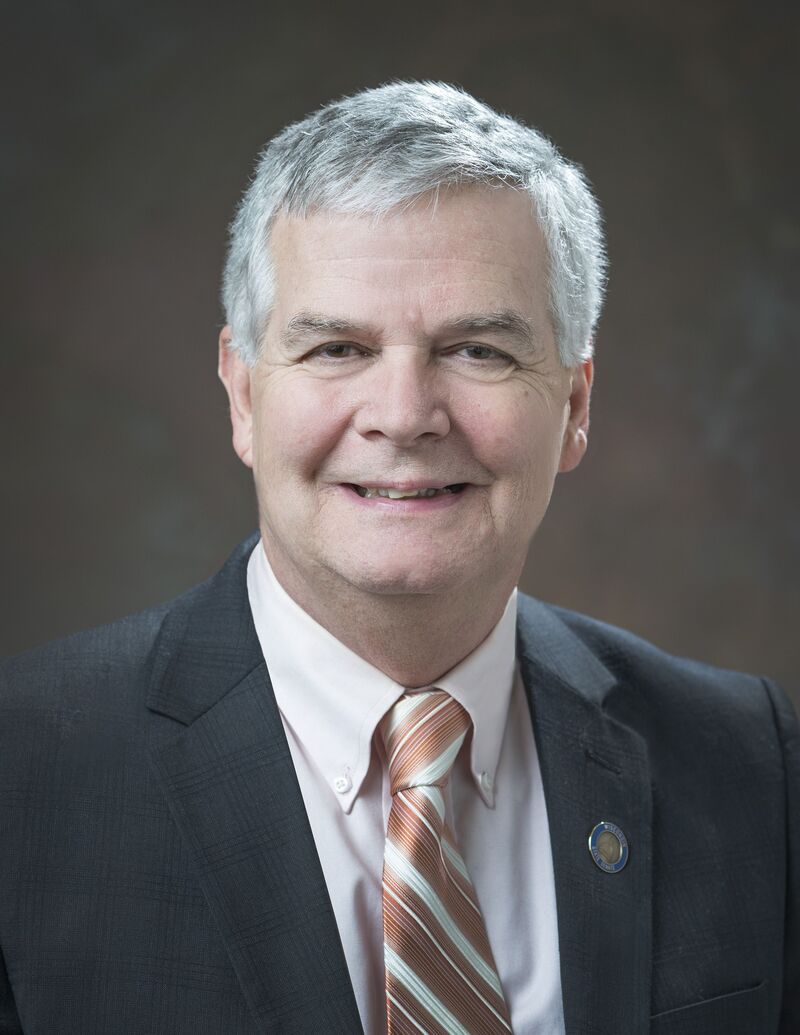Where does our food come from? It’s a question we think of a lot while grocery shopping or sitting down for a meal with our family. Of course, the answer is our farmers. Farming is hard, but satisfying work. They play a critical role in feeding the world and they rely on climate conditions for a productive crop. Farmers are also aware of pollinators’ essential role in helping them do their job.
Pollinators include many species of birds, bats, butterflies, bees and even small mammals. Over 100,000 animal species play a role in pollinating over 250,000 flowering plant species in the world, according to the U.S. Fish and Wildlife Service. Insects are the most common pollinators. Pollinators play an important role, especially when it comes to the way our food chain works.
Without these natural partners, our food supply would be at risk. One-third of all food produced for human consumption is dependent on pollinators. While we do have domestic pollinators, over 80% of pollinators are wild. Honey bees alone pollinate 80% of all flowering plants and approximately $10 billion worth of food crops in the United States each year, according to the US Department of Agriculture.
Alarmingly, bee populations and other pollinator species have dropped significantly in recent years. There were nearly one billion monarch butterflies in the United States 25 years ago; now the population stands at approximately 34 million. In 2015 – in just one year – there was a 40% loss of honey bee colonies in the United States. Wisconsin is home to the Rusty Patched Bumble Bee, which saw an 87% decline over a 20 year period and became the first bee to be granted protections under the Endangered Species Act in 2017.
Declining pollinator populations are happening for a number of reasons. While parasitic mites can cause a colony to collapse, poison is equally devastating. Private landowners are stepping up to halt the destruction and restore the population of pollinators. In western states, farmers found that rest-rotation grazing creates better habitat for pollinators over pastures with no livestock grazing. More prudent use of fertilizers and insecticides can also make a difference.
Climate change also threatens pollinators’ existence. Adopting climate change mitigation policies is critical and urgent for so many reasons. The risk of pollinator extinction (and loss of food sources, as a result) should certainly motivate us to slow and reverse climate change.
While we may feel there are some causes of the pollinator crisis that are out of our control, there are things we can do to improve the situation. I’ve teamed up with other legislators to introduce the Pollinator Protection Bill Package, which can move us in the right direction on this important, but often overlooked subject.
Senate Bills 455, 456 and 457 aim to limit harmful insecticides and raise greater awareness among Wisconsinites about the crisis devastating pollinator ecosystems. SB 455 protects pollinators by limiting insecticide use near pollinator habitats located on land maintained by the Department of Natural Resources. SB 456 returns decision-making about acceptable pesticides back to the local municipality or county. Currently these local subdivisions are prohibited from adopting such protections – this bill is one way to protect nearby pollinator habitats.
SB 457 prohibits a person who sells or provides plants from labeling or advertising the plant as being beneficial to pollinators if the plant has been treated with and contains a certain concentration of insecticides that are hazardous to pollinators.
These bills deserve immediate action in Legislature before this crisis worsens. We know that over 75% of our flowers and 35% of the crops we eat need to be pollinated, but we’re losing significant populations of pollinators every year. We must act immediately to avert a situation that could become irreversible.
We’ve shown in the past we’re capable of correcting mistakes to save valuable natural resources. We can look up at the eagles to remind ourselves what we can do when we’re determined to fix a problem.
So, where does our food come from? Start with pollinators.



Add new comment